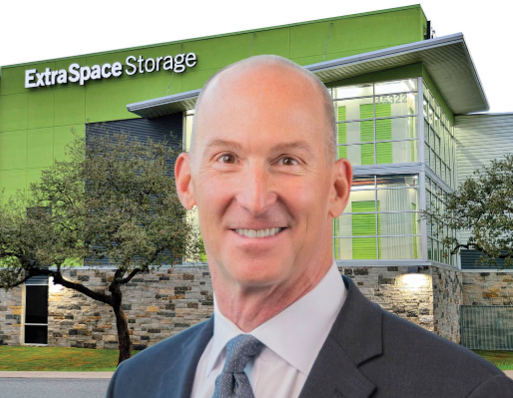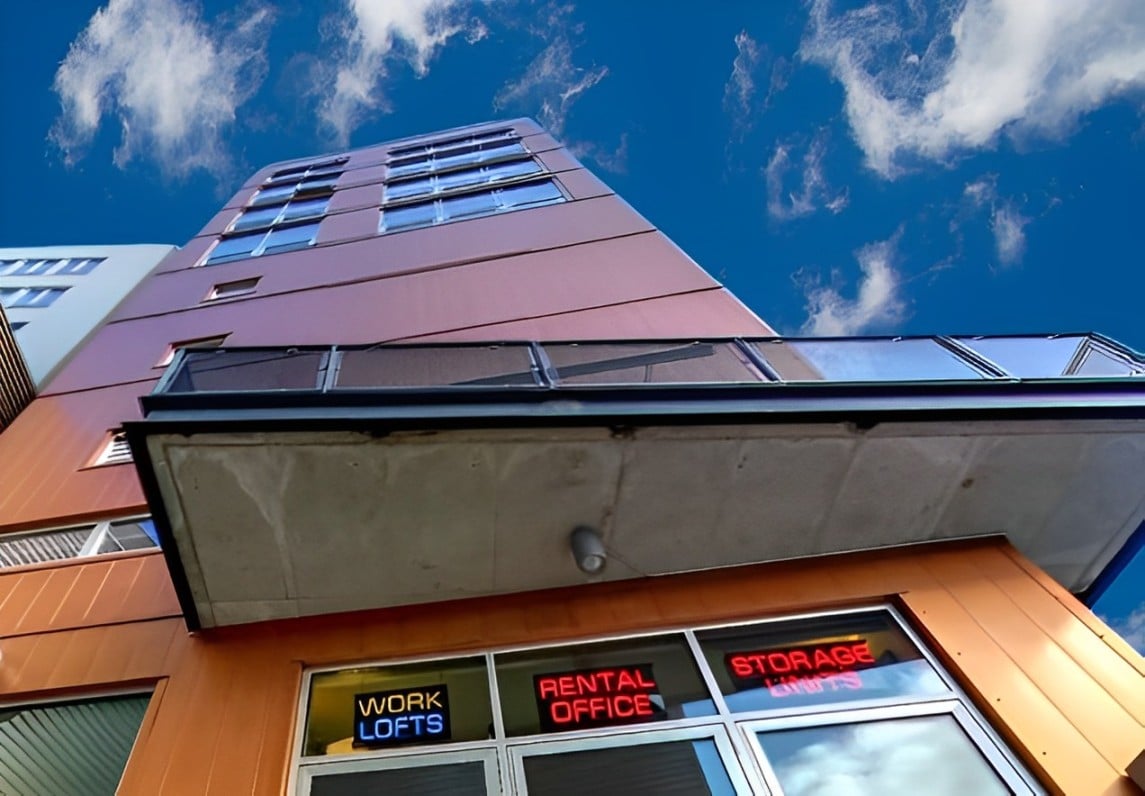Strategy Shift: Structuring Transactions In The COVID Era
2020 has ushered in a dramatically different landscape for not only the self-storage industry but the entire economy as well. As brokers, we may sometimes forget that our world of real estate transactions is quite unfamiliar to our clients when they decide to sell their properties. As self-storage owners and investors look to make decisions for the remainder of the year and into 2021, I thought I would take you through some of the critical components of a real estate transaction and explain how strategies have changed in today’s landscape.
Pricing
Being in the self-storage business places you right in the middle of real estate business; thus, the value of your property and the financing are ruled by valuations determined by the real estate world. For the last five to 10 years, this arrangement has been a huge positive for self-storage owners as cap rates have compressed between 100bp to 250bp and value has increased. However, it is clear that the market is changing and we are seeing operational headwinds as new supply is still weighing heavily on many markets and unit pricing continues to soften.
When brokers think about pricing, they mean finding the correct price at which both buyer and seller can agree on. If both parties are not happy with the price, there will be no transaction! In the world of transactional real estate, the market usually has a relatively narrow band of market values, because if the market price were to increase there would be no buyers, and if it were any lower there would be no sellers. Another way to say this is that there are an increased number of sellers at high prices and more buyers at low prices, but only a few are willing to make a deal at the market price.
Today, valuations of self-storage properties have flattened. However, due to low interest rates and investor’s yield expectations remaining constant, cap rates have not risen as one might have expected. Over the last 90 days, Argus brokers have completed over 20 transactions ranging in size from $850,000 to over $10 million. We are finding the one constant is that buyers are not underwriting any revenue growth for one to two years post-closing. This puts meaningful pressure on operating expense control over the first 12 to 24 months of an investment.
Most of the new supply that has been built in the last three to five years are multi-story projects that typically have higher operating expenses than single-story projects due to elevators, sprinklers, HVAC systems, etc. Due to this, we have seen strong demand for single-story projects in favorable locations. The fact that multi-story projects are being operated by platform-based management companies that do not have operating expense flexibility built into their platform is also another factor that draws buyers to single-story projects.
Starting 60 to 90 days ago, things began to change. Below I have outlined a hypothetical underwriting analysis of a deal so that you can see how flattening revenues and expanding operating expenses are affecting valuations.
Comparing Prices Of Facilities
Size, age, location, markets, construction, and other factors are ways that facilities differ. Because of these differences, we must have a method in place of comparing one facility that is for sale with another that takes these differences into account. In real estate, we try to compare the unleveraged cash-on-cash return on the sales price from one property to the next. This makes sense, because what any buyer really wants is a return on his/her investment. Thus, we can compare the price of a $1.5 million property with a net operating income (NOI) of $110,000 to a $9,816,000 property with an NOI of $589,000.
The first property has a return of 7.33 percent, whereas the higher priced property has a return of only six percent. All things being equal, which would you buy? Of course, you would buy the property with the higher return on your money! However, in real estate and self-storage facilities, all things are not equal, and buyers have to factor risk and quality into the price equation. In this instance, it is possible that the first project is in a small town with an Army base and the second one is in a major market with restrictive zoning for self-storage. What widens the range of market prices for self-storage is the difference in risk, quality, and their perception. This risk and quality difference sets the returns required in the marketplace to achieve a sale.
What we find is that the vast majority self-storage facilities sell for unleveraged cash-on-cash returns of between 5.5 percent and eight percent. In other words, the average facility in terms of quality and risk probably sells for a 6.5 percent return and a not so good property sells for a higher return to compensate for the risk and lack of quality. The opposite is also true that the better projects command the buyer accept less return. It is clear that in self-storage the pricing of “all things not being equal” almost always fits in to this very narrow band of returns that buyers and sellers mutually accept when transacting a property.
Deal Terms
If you are in the market as a buyer or seller of a self-storage property today, it is important to understand that the deal terms and experience of all the parties involved can be as important as the purchase price. With the COVID disruption in full swing, we are finding that the investment advisors, consultants, lawyers, buyers, and sellers who are accustomed to transacting regularly are able to navigate the ever-changing transaction process today much more efficiently than a newcomer to the industry. When considering a transaction in today’s market, a strong emphasis should be placed on the likelihood of an efficient and smooth execution of a closing.
With very sophisticated capital continuing to enter the market and values continuing to remain relatively high, alternative structures and key deal points are becoming more and more important to the execution of a transaction. Too often today, the buyer and seller only focus on the purchase price and glaze over the structure and deal points without considering the financial implication. We have recently advised our clients on many new nuances due to COVID, such as extended due diligence and closing timing, force majeure language, financing contingencies, closing extensions, and prorations, just to name a few. These all allow a buyer or seller to achieve different goals and can be very financially beneficial if you understand the full implications of each of the deal terms, but the devil is in the details. It is important to remember that each buyer and seller’s situation is unique, so please seek tax and legal advice from an experienced real estate lawyer and accountant and align yourself with an investment advisor that has had meaningful experience in recent self-storage transactions.
Marketing Makes The Difference
It is important to realize that the differences in quality and risk are often very subjective. For example, a relatively low occupancy might indicate a poor performing property to some buyers or may be seen as a great opportunity to increase revenues to a different individual. It is extremely important to widely market properties to find the right buyer who has the most optimistic view of your property. For the reasons previously listed, always beware of the broker who says, “I have the right buyer for you. We don’t need to advertise this property,” or “Can I bring you an off-market offer?” You are searching for the buyer who sees the glass half full not half empty to achieve a maximum sales price! The more potential prospects you expose the property to, the more likely you are to find an optimistic buyer, which in turn can increase your selling price. At Argus, we believe that aggressive marketing and advertising can find the optimistic or creative buyers and thus maximize your sales price. Today, more than ever, you will find buyers with different views in regard to value; this is largely due to the buyers’ cost of capital and overall outlook on the market today.
Ben Vestal is the president of Argus Self Storage Advisors, a provider of real estate brokerage and investment advisory services for self-storage buyers and sellers with over $3 billion in transaction history.
More Content
Popular Posts
The REITs new pricing strategy – lowering...
The self storage industry is in a precarious...
With the approval of both companies’...
Recent Posts
Owning or managing a self-storage facility...
Helen Keller is quoted as saying, “Alone we...
It’s often been said that “opportunity is...
There’s a saying in Florida that there are...
The landscape of the self-storage industry...
Last January, the prime interest rate was...
Many of us are seeking ways to bring in new...















